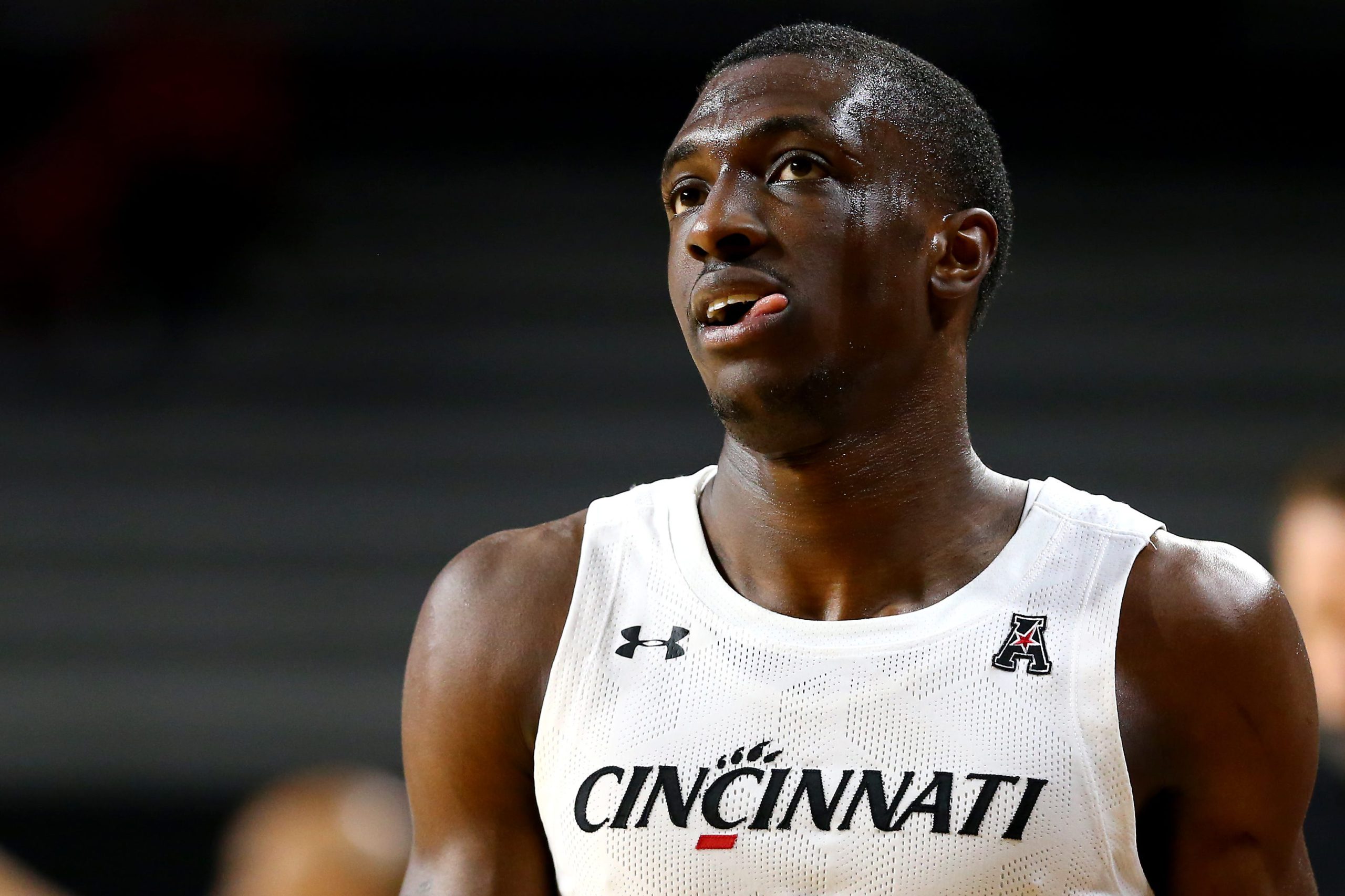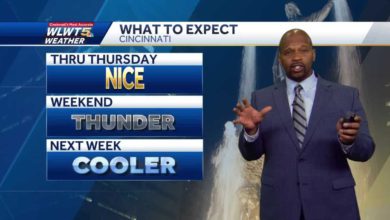
Finland leadership announced support Thursday for expedited NATO membership despite dire Kremlin warnings of “retaliatory steps.”
The decision by President Sauli Niinisto and Prime Minister Sanna Marin is strongly supported by lawmakers and citizens of Finland, though a few steps remain before the application process can begin. Neighboring Sweden is expected to decide on joining NATO in coming days.
"NATO membership would strengthen Finland’s security," the leaders said in a joint statement. "As a member of NATO, Finland would strengthen the entire defense alliance. Finland must apply for NATO membership without delay."
They said they hoped the application would be submitted in the next few days. Finland's minister for European Affairs, Tytti Tuppurainen, said Finland's parliament will vote on the matter early next week. Finland shares a 830-mile border with Russia.
“We want to defend our freedom and our equality,” Tuppurainen said. “This is not only about territories and borders. This war is also about values and ideology.”
Russia would view the move as a violation of international legal obligations, the Russian Foreign Ministry said.
"Russia will be forced to take retaliatory steps, both of military and other nature, in order to curtail the threats that arise to its national security in this regard,” the Russian Foreign Ministry said in a statement.
USA TODAY ON TELEGRAM:Join our Russia-Ukraine war channel to receive the latest updates straight to your inbox
Latest developments:
►About 3,000 Mariupol civilians are being detained in prisons controlled by pro-Russian separatists in the eastern Donetsk region, the Ukraine’s human rights chief says. Lyudmyla Denysova said officials are aware of at least two de facto prisons.
►Dmitry Medvedev, deputy head of Russia’s Security Council, said growing NATO arms supplies and Ukraine troop training increases the "risk of such conflict turning into a full-scale nuclear war, a scenario that will be catastrophic for all."
►Russian forces and affiliated armed groups are responsible for most civilian deaths during the war in Ukraine, the UN High Commissioner for Human Rights Michelle Bachelet said. She cited heavy artillery, multiple launch rocket systems, and missile and airstrikes.
►A Ukrainian human rights activist says LGBTQ people in her country are “on the front line of resistance” against Russia’s invasion and many have joined the Ukrainian army. Olena Shevchenko told a European forum via a video link that Ukraine’s LGBTQ support groups also have joined in offering humanitarian assistance.
Putin blames world hunger issues on West's drive for 'global domination'
The West is to blame for the fast-rising food, fuel and fertilizer prices sweeping across the globe that have left some of the world’s poorest countries vulnerable to food insecurity, Russian President Vladimir Putin said Thursday. Putin, speaking at a meeting on economic issues, said sanctions placed on Russia will prompt consequences elsewhere that would be difficult to reverse.
"The blame for this entirely and completely rests with the elites of the Western countries, who for the sake of preserving their global domination are ready to sacrifice the rest of the world," Putin said. He claimed that Russia is coping well, with domestic companies providing goods lost due to sanctions "after unscrupulous partners left."
War, explained:Evacuations, accusations and denials: Key events in Russia's war in Ukraine in 5 graphics
EU unveils plans for allowing Ukraine to export agricultural products
The European Commission on Thursday unveiled plans to establish "solidarity lanes" to help Ukraine export its agricultural produce and import products and humanitarian aid. Russia's blockade of Ukrainian ports has bottled up Ukrainian grain and other agricultural goods in the country, threatening global food security. EU Commissioner for Transport Adina Vălean said 20 million tons of grains must leave Ukraine in less than three months using the EU infrastructure.
"This is a gigantesque challenge," she said, adding that it was essential to coordinate supply chains, set up new routes, and "avoid as much as possible the bottlenecks."
Ukraine and the Russian Federation provide about 30% of the world’s wheat and barley, one-fifth of its maize, and more than half of its sunflower oil.
Parts of Africa, the Near East and Central Asia have been hit the hardest by price shocks, the UN said. In Somalia, many farmers rely on irrigation powered by diesel engines: high fuel prices compounded with drought have experts worried about famine.
US ambassador hearing:Biden's Ukraine ambassador nominee, Bridget Brink, calls challenges 'enormous'
Ukraine liberates towns near Kharkiv
Ukrainian counterattacks have been recapturing several towns and villages north of Kharkiv towards the Russian border, the British Defense Ministry said in an assessment Thursday. Russia’s prioritization of operations in the Donbas has left elements deployed in the Kharkiv region vulnerable to the mobile and "highly motivated" Ukrainian counter-attacking force, the assessment says. Russia encircled Kharkiv in the initial stages of the conflict but has reportedly withdrawn units from the region to reorganize and replenish elsewhere following heavy losses, the assessment adds.
"The withdrawal of Russian forces from the Kharkiv Oblast is a tacit recognition of Russia’s inability to capture key Ukrainian cities where they expected limited resistance from the population," the assessment says.
Russia still wants to take Kyiv, Ukrainian general warns
Russia still has plans to take control of Ukraine's capital, a Ukrainian general says. Brigadier Gen. Oleksiy Hromov said at a briefing that Russian troops will try to storm Kyiv and have plans to take control over the southern Mykolaiv and Odesa regions to build a land corridor to Moldova, home to the Transnistria separatist region.
Hromov also said Russia will try to hold sham elections in captured Ukrainian territories to annex them into Russia. Russian-appointed authorities have already announced plans to seek annexation in the southern Ukraine city of Kherson.
Russian President Vladimir Putin tried to capture the capital in the early days of the invasion, but Russian troops have since refocused on the hotly contested eastern Donbas region.
Contributing:Deirdre Shesgreen and Maureen Groppe, USA TODAY; The Associated Press
Source link





